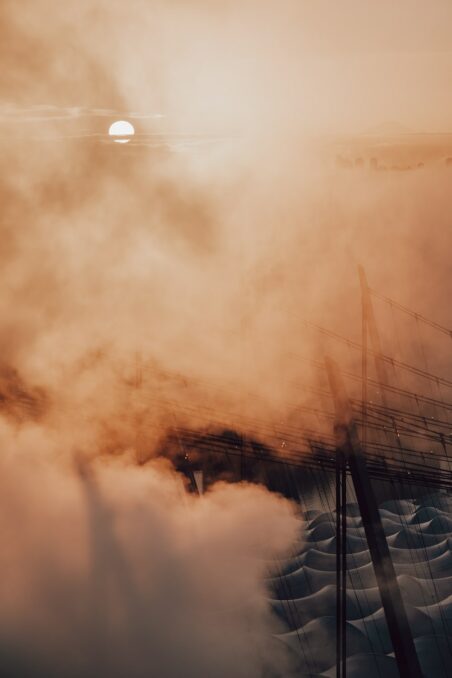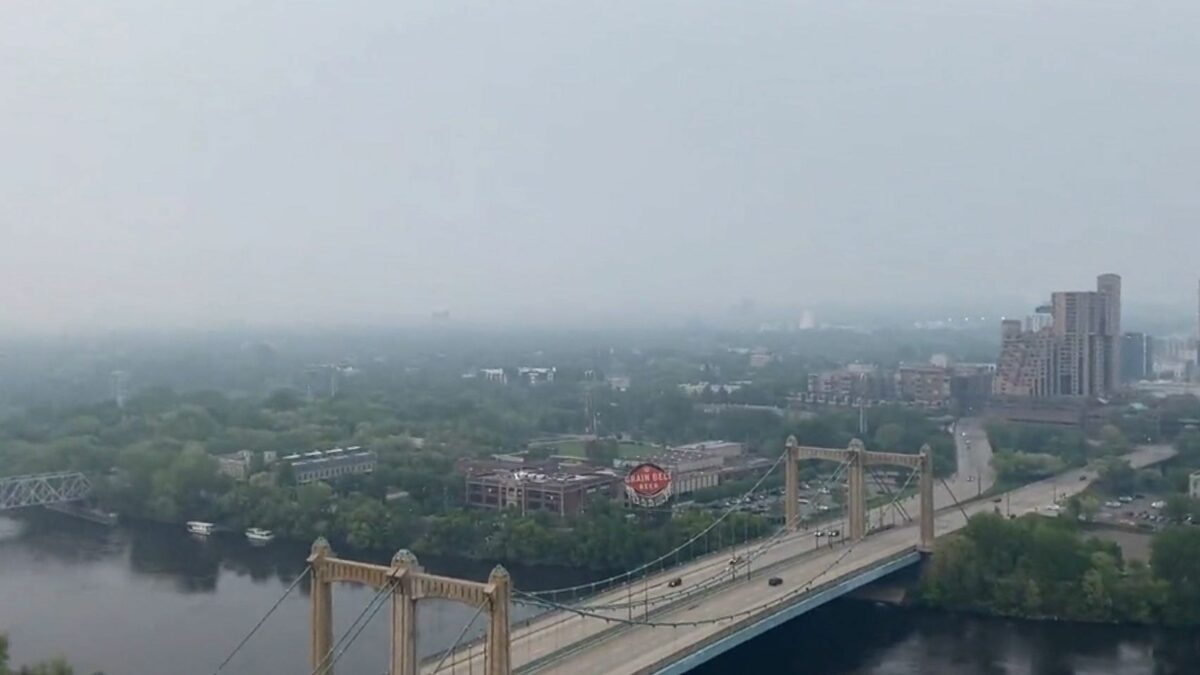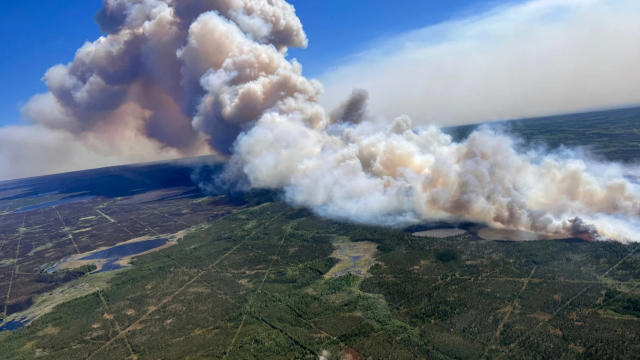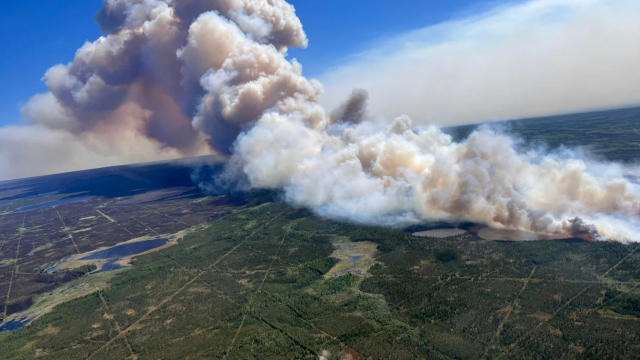The Midwest region of the United States is currently experiencing a severe decline in air quality due to the infiltration of smoke from wildfires in Canada. This unfortunate situation has resulted in hazy skies, the smell of smoke, and hazardous conditions for residents. The ongoing Canadian wildfire season has been one of the worst in the country’s history, particularly affecting the eastern province of Nova Scotia. As of now, 488 active wildfires are burning across Canada, with over half of them considered “out of control.” In this article, we will delve into the causes and consequences of this air quality crisis, as well as explore the potential health risks associated with prolonged exposure to wildfire smoke.

The Impact of Canadian Wildfires on the Midwest
The effects of the Canadian wildfires on the Midwest have been far-reaching, with areas such as Chicago, Illinois, and Michigan experiencing the worst air quality in the world. Residents of these regions have woken up to hazy skies and the unmistakable smell of smoke, signaling the presence of hazardous air conditions. The situation has not been limited to these areas alone, as almost all of Michigan, Indiana, Ohio, and Wisconsin, along with parts of Minnesota, Iowa, Kentucky, and West Virginia, have also been affected.
The severity of the air conditions can be attributed to the numerous active wildfires burning across Canada. The Canadian Interagency Forest Fire Center reports that 259 of the 488 wildfires are currently “out of control,” exacerbating the situation further. The smoke produced by these fires has traveled vast distances, reaching the Midwest and causing a decline in air quality.
The Extent of the Problem
The impact of the Canadian wildfires on air quality has been significant, with cities like New York City also experiencing hazardous conditions earlier this month. The Air Quality Index (AQI) in New York City reached a record-breaking 405, surpassing the previous record set in 1981. New York Governor Kathy Hochul has warned residents of the potential return of smoke from the Canadian wildfires, emphasizing the need for preparedness.
In the Midwest, the AQI has soared to over 200 in cities such as Chicago, Milwaukee, and Grand Rapids. The National Weather Service’s Grand Rapids office extended its air quality advisory through Wednesday, as Grand Rapids briefly held the distinction of having the worst air quality in the country. The Wisconsin Department of Natural Resources also issued a multi-day air quality advisory that will last until Thursday.

Health Risks and Precautions
Prolonged exposure to poor air quality, such as that caused by wildfire smoke, can have serious health consequences. Dr. Purvi Parikh of the Allergy & Asthma Network emphasizes the dangers of long-term exposure to high levels of particulate matter. Even individuals without underlying medical conditions can experience adverse effects, as the fine particles present in the smoke can penetrate deep into the lungs and contain harmful chemicals and pollutants.
To mitigate the risks associated with poor air quality, experts recommend staying indoors whenever possible. If venturing outside is unavoidable, wearing a mask is advised to limit exposure. Medical-grade N95 or KN95 masks are considered the most effective in reducing the inhalation of harmful particles. However, even surgical masks or other barrier-type masks can provide some level of protection.
The Unprecedented Nature of the Crisis
The current air quality crisis in the Midwest is unprecedented, with the United States finding itself ranked among the worst in the world in terms of air quality. According to IQAir, three Midwestern cities are now on par with Dubai in the United Arab Emirates, as well as Lahore and Karachi in Pakistan, in terms of poor air quality. This alarming situation underscores the urgent need for effective measures to address the underlying causes of wildfires and mitigate their impact on air quality.

Conclusion
The Midwest region of the United States is grappling with a serious air quality crisis caused by smoke from Canadian wildfires. The widespread impact has resulted in hazy skies, poor air conditions, and health risks for residents. The severity of the situation is reflected in the record-breaking Air Quality Index readings and the inclusion of Midwestern cities among the worst in the world for air quality. To protect themselves, individuals are advised to stay indoors and wear masks when venturing outside. It is crucial for authorities to address the root causes of these wildfires and take proactive measures to prevent future air quality crises of this magnitude. By doing so, we can ensure the well-being of both current and future generations in the Midwest and beyond.













